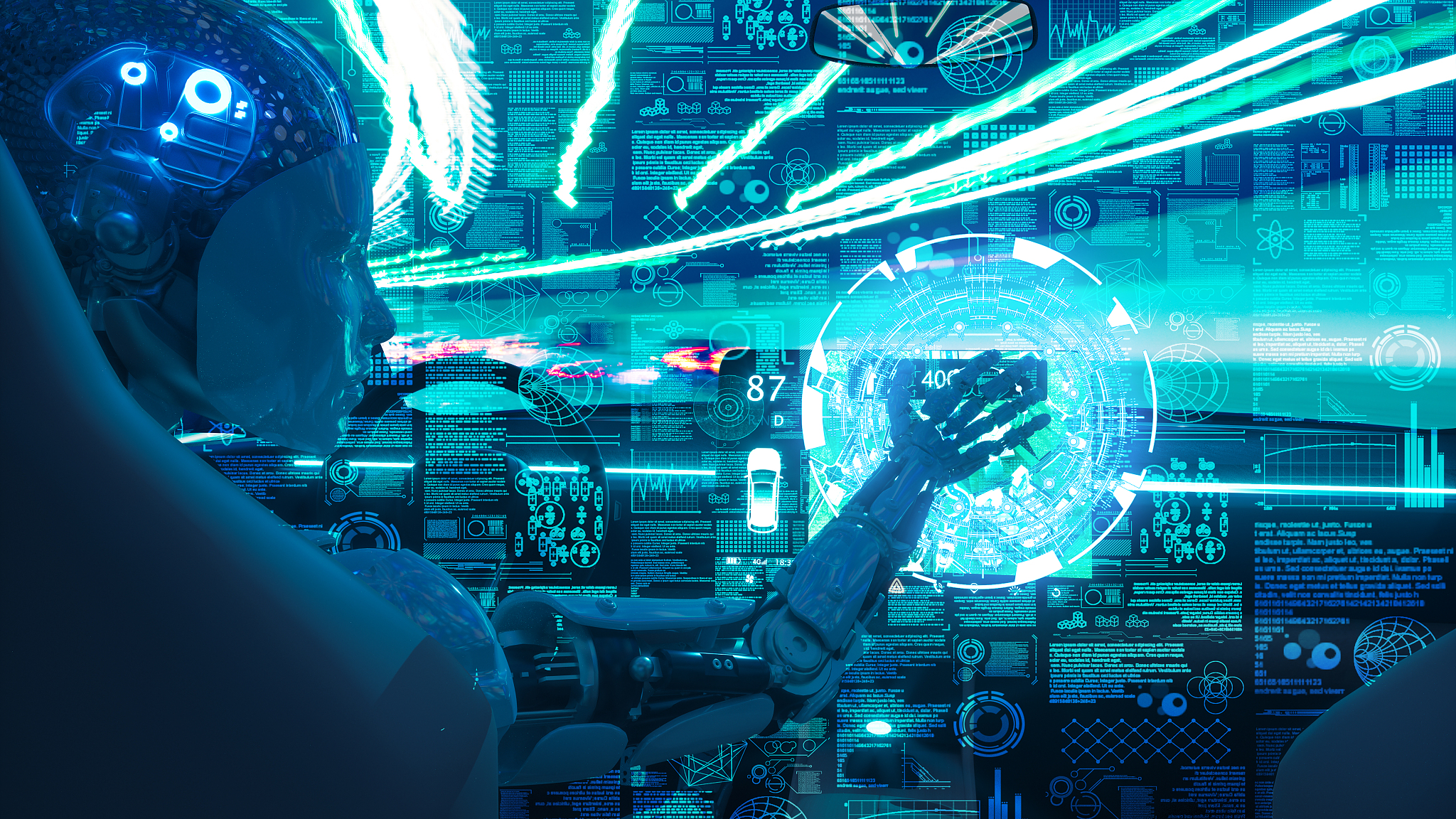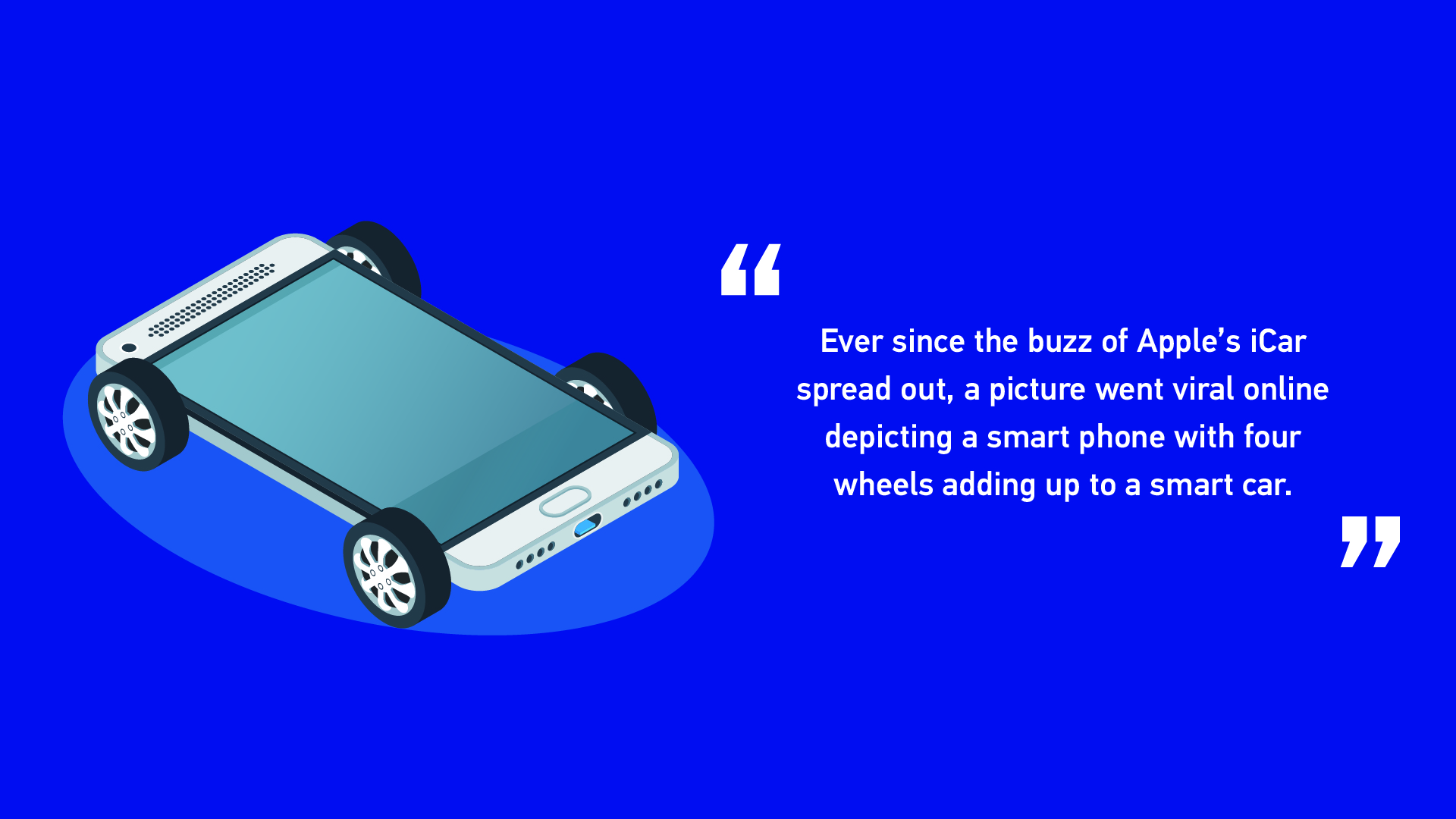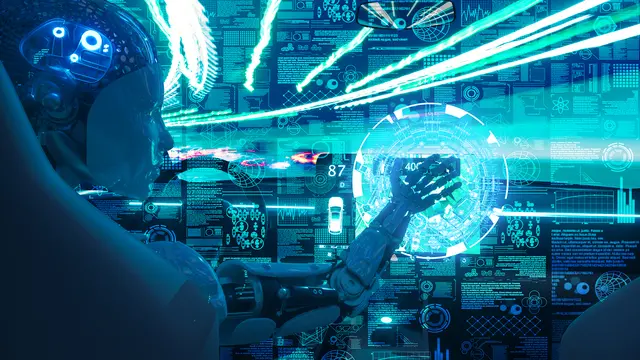
There is a possibility for smart cars to replace smartphones as the next mobile terminals. /CFP
Though the golden era of mobile internet turned its page in 2018, it universalized the cellphone as the global definition of a mobile terminal.
Diving into the ageof intelligence,avant-garde technologies are amazing the world with smart connectivity. Information and communication technologies (ICT)such as 5G, artificial intelligence(AI), cloud computing and big data are anticipated to nurture another mobile terminalafter the cellphone.
With Chinese tech giant Huawei plotting to release itsAlpha S on April 17, Xiaomi declaring a $10-billion investment insmart carsin March, and even whispers of Appledebuting its iCarthisSeptember, one couldn't help but wonder why these giants are coincidentally targeting the same pie? Could the smart car be the next mobile terminal after the smartphone?
1. The big pie from 2025
Retrospecting the past few decades, the autoindustry hasalwaysbeen the game fortraditional car giantsinstead of startups and tech upstarts. Given that the former controlledthe marketandtechnology as well asthe industrialchain, the industry was forged to be too matureto tolerate newcomers, until two variables eventually emerged and shookthings up.
The first variable is Tesla. Replacing fuel with batteries, the U.S. automaker started an energy revolution in 2003, leading a wave of electriccarsand creating a brand new travel mode.The other variable is the rise of Chinese electric carmakers such as Nio, Xpeng and Li Auto, which have gradually come into shape since 2014, launching mass production of various electric vehicle (EV) models.
McKinsey predicts that the global market for autonomous driving will reach $1.9 trillion by 2025. Meanwhile, China, as the world's largest EV market, states in its "Development Plan for the New Energy Vehicle Industry (2021-2035)"that by 2025the sales volume of new EVs in the country will reach around20percent of the total sales volume of all vehicles, up from 5.4 percent in 2020.
Obviously, 2025 is going to be a watershed year, as well as a fierce battle for all e-car playersto fight it out.
2. Intelligence: The core arena
Although EVsand fuel cars share a similar appearance, the two are indeed very different and should be categorized as two species. When the buzz around Apple's iCar began, a picture went viral online depictinga smartphone withfour wheels, equating this mash-up to a smart car.
Simple as it seems, the picture actually outlines the basic framework of a future smart car. Comparing the potential capabilities of the smartphone andthe smart carhas been the most popular trend in the auto industry.

Designed by Feng Yuan. /CGTN
"Electric vehicles versus conventional fuel vehicles is not just an energy revolution. It's more like Apple versus Nokia or smartphones versus feature phones. It's an upside-down overhaul opportunity," Matrix Partners China, a Chinese investment company, pointed outin a report.
Just like the mobile phone industry, the appearance of the touch screen did not bring the mobile phone into the intelligent age, instead it is only an important featurethat does not equal the device's intelligence.
It's the same for electric cars, the change in energy source istheir"touch screen" feature, and the over-the-air(OTA) updates willconstantly upgradetheir "operating systems," making smart cars the"iPhone" of cars.
Therefore, electrification is only the first step, interconnectivity and intelligence will bethe ultimate destination for EVs.With functions like autonomous driving, or more importantly,a self-updatingsoftware system, smart cars will be developed into "software-defined cars."
3. Highlights of e-car players
To win the race, each e-car player is betting big and utilizing high-end technologies, pushing the industrytoward "intelligence"rather than "electricity."
Back in 2014, Apple began "Project Titan," focusing on the autonomous cockpit. China's Baidu became the first company in the country to experiment with various monetization mechanisms for autonomous driving services, marking a landmark step in itsApollo-like road to commercialization.
In October 2018, Tesla pushed itsNavigate on Autopilot (NOA) feature, unlocking advanced autopilot functions in highway conditions, allowing drivers to pre-input a start and endpoint on the car's navigation, confirm a navigation route, and have the vehicle automatically follow the route.
Two years later, Nio launchedNavigate on Pilot (NOP). Taking a step forward from Tesla's NOA, NOP featuresnot only highways, but also urban expressways in almost any city in the country (cities covered by high-precision maps).This January, Xpeng also released its public test versionof Navigation Guided Pilot (NGP), an automatic navigation and driving assistance feature.
Even Huawei, which has repeatedly denied interest in developing smart cars, is rushing in ICT, disclosingtwo patents for autonomous drivinglast month.
4. Will the smart carbecome the next mobile terminal?
The logic of e-car intelligencelies in that vehicle owners' behavioral datacan help to upgrade the vehicle performanceand assist automakersin further exploring deep value.
"In the long run, the key to EVs' future will be intelligence, referring to autonomous-assisted driving, firmware over-the-air(FOTA)upgrade, and others such as the domain controller, a server computer responding to security authentication requests within a computer network domain," saidZhangYao, an EV industry analyst.
Zhang believes that Huawei, Apple and Baidu are all playing the same game because they've sensed that smart cars will bethe next generation of mobileterminals after smartphones.
Mingming Huang, founding partner of Mingshi Capital, once expressed that smart vehicles are the biggest opportunity after smartphones and mobile internet. It is a track of hundreds of billions of dollars or even more,which shouldn't be missed by any company with ambition and technological strength.
Anyhow, a mobile terminal on four wheels is still a long way from being fully realized. In their transition from conventional cars to smart ones, tech giants that weathered the PC and mobile internet waves will give up their tickets to the nextbig thing.
Read More:
Tesla vs Nio: Is it smarter to charge or swap battery?
Elon Musk: Tesla won't share car data with U.S. government
China, U.S. should redefine tech ties for the next 40 years: experts
 简体中文
简体中文

